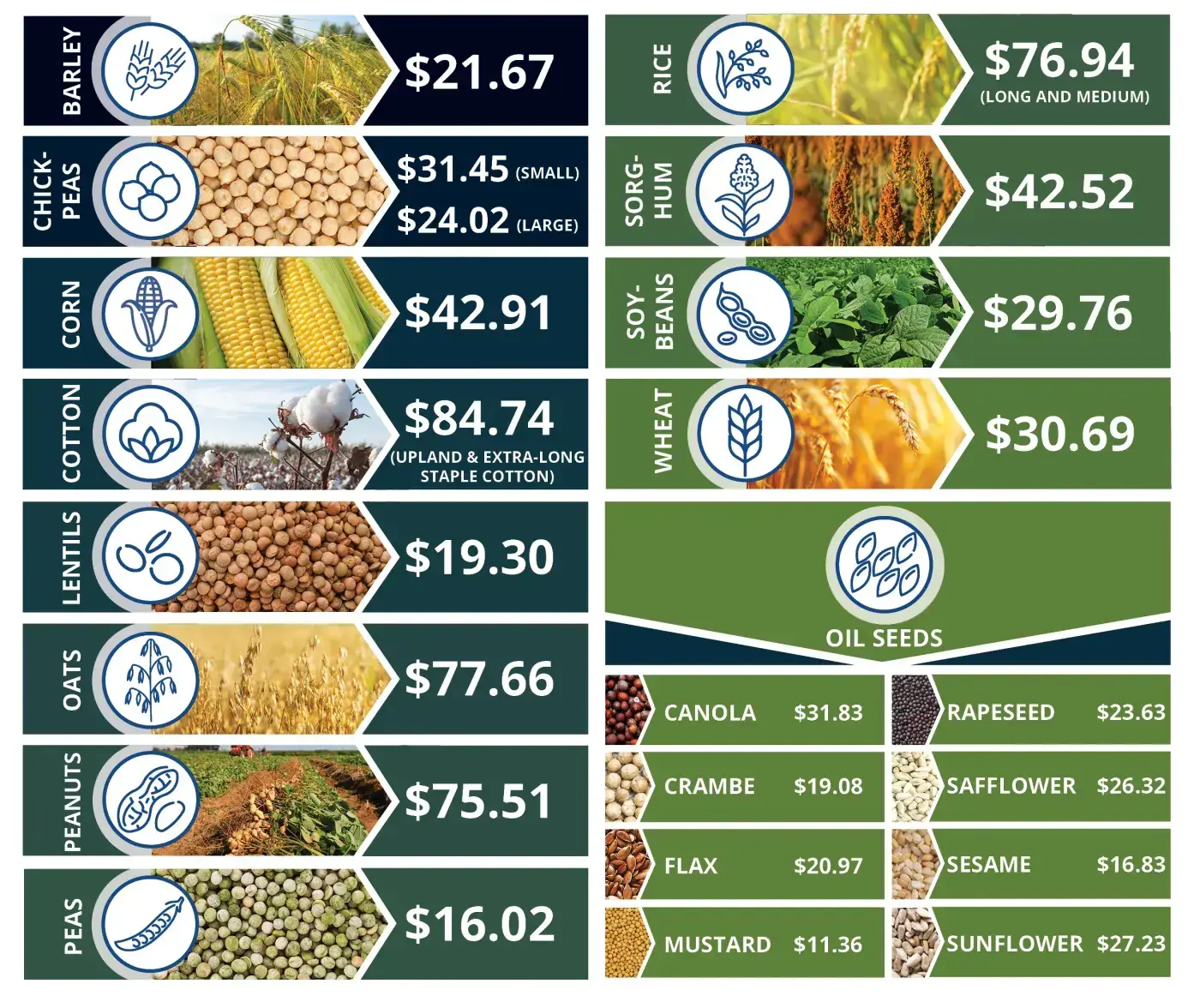The following article was provided by American National Insurance Company.
As your operation begins to prosper, you may find that you’re no longer confined to just one location. Farmers are spending more time today moving equipment and machinery on public roads to various locations for many reasons including the planting, cultivating and harvesting of crops.
Whatever the reason for moving your equipment, traveling public roadways with your agricultural equipment requires extra care to ensure the safety of you and other motorists. Taking the time to consider some safety tips can help reduce your risk of loss.
Driving Your Equipment on Public Roads and Highways
When the distance you are traveling is shorter, it is often quicker and more appropriate to travel on the highway. However, for your safety and the safety of others, consider these tips:
Before You Drive
• Check your equipment’s tire pressure and inflate all tires to the manufacturer’s recommended pressure for traveling longer distances.
• If possible, only operate equipment on public roads during daylight hours.
• Adjust all your mirrors so that you can safely see behind you.
• Make sure you have installed reflective tape and Slow-Moving Vehicle (SMV) emblems on the equipment. Be sure these items are clean and easily visible.
• When driving machinery on a highway, display a red flag atop a pole that is approximately 12-14 feet high. This makes it easier for motorists traveling the highway to see your machinery when visibility is difficult, or even when your machine is hidden from view by a rise or curve in the highway.
• Be sure your machinery is equipped with an approved rollover protective structure and seat belts. This may help prevent the operator from being crushed or thrown out in the event the machine overturns or has a collision.
• Verify that all operating lights including head lights, flashers and any brake lights are in working order.
• When traveling on a roadway that has hills and/or curves that impair visibility, consider having someone follow you in a “trailer” vehicle with their flashers on. This will encourage others to maintain a safe distance behind your vehicle as well as prevent inattentive motorists from “catching” you unexpectedly.
While You Are on the Road
• Look both ways before safely entering the highway. Be aware of the time your machinery takes to accelerate, and the speeds of the motorists already traversing the highway.
• Be alert to the road conditions. Watch for any icy areas, pot holes, low clearances, or sudden drops on the shoulder.
• Be sure you are alert and listening for vehicles and pedestrians. You should not be fatigued or under the influence of drugs or alcohol.
• Make sure you are traveling at safe speeds on the highway. Slow down while going around curves and while going up and down hills. Verify that your headlights, tail lights and hazard flashers are in operation while you are traveling on public highways.
• Use hand signals when you are slowing, stopping or turning to alert motorists of your intentions.
• If you begin to obstruct traffic, look for a safe place to pull off so others can pass. This will help ensure impatient motorists do not take unnecessary risks to get around you.
• Review your local and state laws and regulations before transporting or using your agricultural equipment on public highways. Taking the time to use practical safety measures such as these can reduce your chances of injury, damaging your agricultural equipment, or the downtime of your operations.
Hauling Your Equipment
Instead of driving your equipment over long distances, it may be more efficient and safer to transport your machinery by use of a trailer. Consider these tips when this is the option you choose:
• Haul your agricultural equipment on an approved flatbed trailer.
• Make sure all equipment has a parking brake engaged and locked.
• Install blocks or stops under each tire of your equipment for added protection.
• Be sure to safely tie down your equipment.
• Verify that you are obeying state laws and regulations, including height and width requirements.
• Ensure that your trailer and equipment have all necessary flags, lights and reflectors to warn any oncoming motorists and pedestrians.


